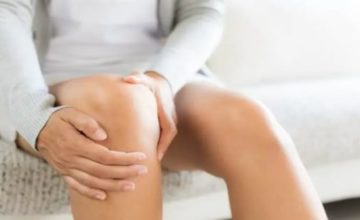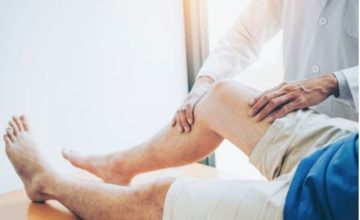
People think that arthritis is an aging process and that we all will have to deal with it at some stage of our lives.
But we see many elderly around us that do no complain about joint pains at all. So it is important to understand that age alone does not lead to joint problems.
But there are many lifestyle activities that lead to weaker bones and joint problems.
However, they are under our control. By avoiding these habits, you can lower your rate of bone loss and lead a healthier life. The following habits are sure to affect your bone health adversely.
1. Smoking
If you have a bone fracture already, smoking slows down the healing process by damaging your blood vessels, limiting the body’s ability to move oxygen and nutrients through the body to the fracture site for healing.
2. Being sedentary
Sedentary people are at risk for more rapid bone loss. Muscle contractions make your bones stronger. Hence exercises are very important when it comes to bone health. Weight bearing exercises like brisk walking improve your bone health.
3. Drinking too much alcohol
Alcohol too increases the production of cortisol in your body which leads to loss of bone stock. Alcohol also reduces the level of testosterone and estrogen in your body. These hormones are also important for bone health.
4. Eating too much salty food
There is absolutely a correlation between high salt intake and lower bone density. As your sodium intake goes up, your body releases more calcium in your urine. In fact, adult women may lose 1 percent of their bone density each year by eating just one extra gram of sodium per day. So it is recommended to get less than 2,300 milligrams of sodium each day, while most adults should eat no more than 1,500 milligrams a day.
5. Staying indoors all day
Vitamin D is important to maintain strength of your bones. Without vitamin D, our bones can become thin and brittle. One of the main sources of vitamin D is your body after you’re exposed to sunlight, so if you don’t spend enough time outdoors, you may be lacking in this nutrient. If you can’t get outdoors for your daily dose of vitamin D, aim to eat food sources such as salmon, egg yolks, and vitamin D-fortified foods.
Calcium and vitamin D are essential for bone health. But many adults don’t eat enough calcium-rich diet. To make sure you’re getting enough of both nutrients, talk to your doctor about starting a supplement that contains calcium and vitamin D.



